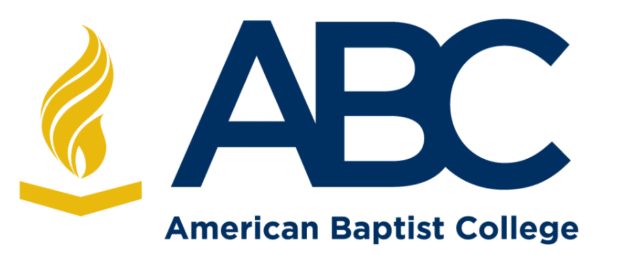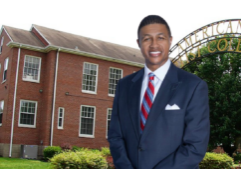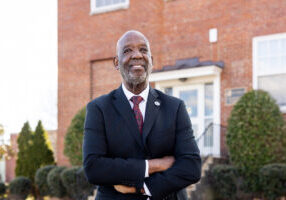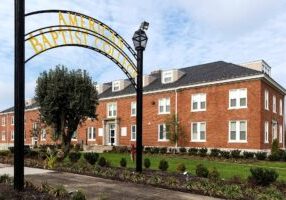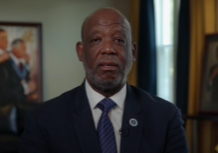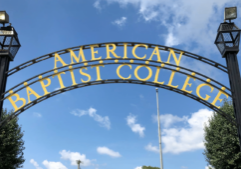Originally posted in the Tennessean
We have known the answer behind why the COVID-19 virus is disproportionally killing African Americans in this country for a long time. From slavery up until this current disease pandemic, the combination of race and poverty, injustice and inequitable responses in the public policy decision-making, the wealth gap between the rich and the poor, generational poverty, and poor access to good health care became embedded in American politics. Institutional practices in place for decades continue to be lethal for poor black and brown communities.
Why this comes to national attention again is because the COVID-19 infectious disease does not discriminate. It highlights the proximity of race and poverty to healthy well-being for the most vulnerable communities. It demands substantive systems change and a moral commitment beyond the superficial rhetoric of government care-talk. Deaths resulting from COVID-19 infections are bringing to light the inattention to specific demographics. While African Americans represent 13% of the U.S. population, they account for nearly 50% of coronavirus deaths.
We’ve seen the monetary power of the government to allocate and release trillions of dollars to save the U.S. economy. Sadly, those trillions of dollars were grabbed up by wealthy clients of American banks, leaving crumbs or nothing at all on the table for small businesses and institutions in the most economically depressed communities. There should be no worthy moral opposition from political parties or the White House against releasing trillions of dollars specifically targeted to reversing chronic health disparities and economic inequities of black and brown communities. The lack of moral will to recognize the devastating impact of poverty on the life chances of those who suffer most is the only reason this will not happen.
COVID-19 brings to light the dignity and essential need for all labor. Those whom the U.S. economy denies a living wage and adequate health benefits are deemed as non-essential workers. They are the engine and energy of the economy—from day laborers, drivers, janitors, small business owners, cooks, and grocery store workers to teachers and first responders. The recently-released song by Alicia Keys celebrates and thanks to them for doing a “Good Job.”
Now, and on the other side of the coronavirus disease, a collective commitment to aggressive corrective justice measures for good health and flourishing economies for the neediest in our society is an urgent moral agenda. There will be a leftover group of the most vulnerable people after the country reopens the economy. Black Church Denominations, HBCUs, the NAACP, Urban League, institutions like Meharry Medical College, and community-based organizations must join their human agency, capacity, intellect, and faith with the diversity of the nation’s institutional ability to reverse the negative trend of this moral and public health problem.
COVID-19 has made clear that our humanity is interrelated. Government leaders often take out of context the justice and compassion pleas and words of Martin Luther King, Jr. His prophetic “urgency of now” for love and justice takes courage for a moral paradigm shift to change dominant systems that serve wealthy elites and oppressively disdain the life chances of others.
COVID-19 brings the nation into a season ripe for change. This nation has the wealth capacity to resolve hunger and to provide jobs, housing, and health care for all citizens. It remains for the nation’s electorate to decide in whose hands we put this responsibility. It is a collective responsibility to educate and change health habits and establish institutional protocols to achieve this goal. Such a goal confronts the hard truth of a broken healthcare system, requiring ethical patterns of conduct and activity to change.
Moral commitment to truth requires transformation at all levels of government and industry. What must we do now? Make every effort to have black and brown communities counted in the U.S. Census, vote in the November 2020 national election, and love each other fiercely until justice covers the social fabric of every American community.
Forrest E. Harris, Sr., is President of American Baptist College (ABC), a critical role he has held for the past 20 years. ABC, established in 1924, is one of Nashville’s four Historically Black Colleges and Universities
